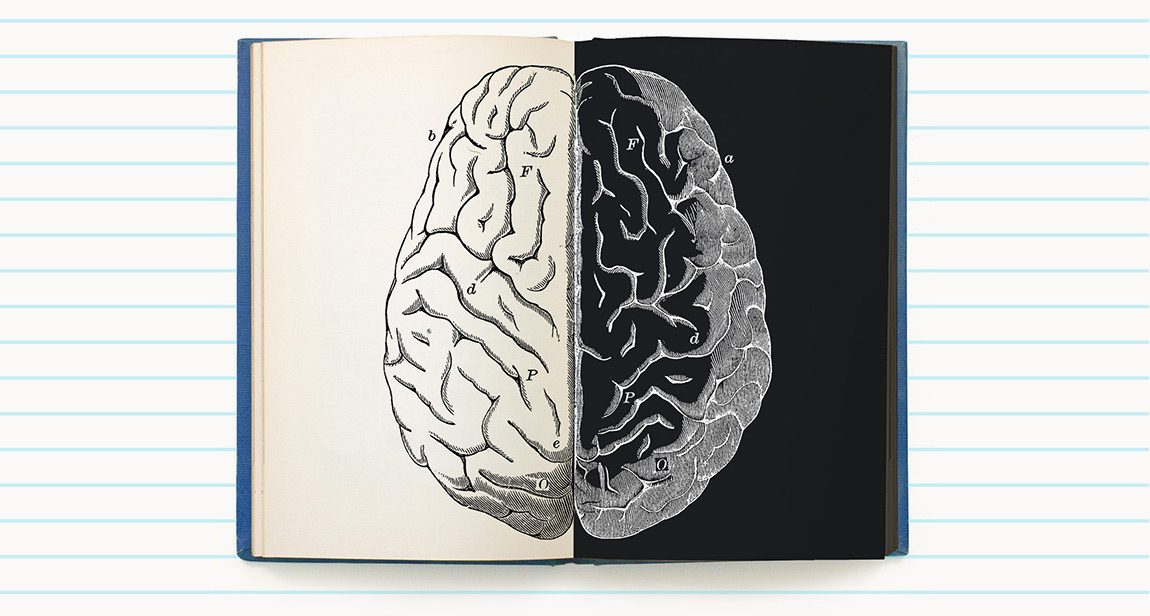by Vanessa Kelly

Completing Nalanda Institute’s Contemplative Psychotherapy Program transformed my life in many expected and beautiful ways. It deepened my understanding of Buddhist psychology and philosophy, supported and solidified my mediation practice, and immersed me in a diverse, inclusive community of inspiring friends and colleagues.
It also transformed me in unexpected and equally beautiful ways. My personal relationship both to self and others flourished with the infusion of compassionate inquiry and understanding. I began a meditation teaching training path (and now am honored to occasionally offer the Nalanda Institute and Tibet House’s Lunchtime Meditation!). It set me on a path of Buddhist centric service and study, as well as routinely attending silent retreats.
One unexpected transformation, however, was particularly profound; the entirely new way of learning that emerged during my time in the program. The program’s learning methodology transcended books, lectures, and discussions and dissolved the boundaries between the classroom and my life. It was an embodied learning, immersive, encompassing, and evocative. It was lived learning.
As a corporate lawyer working in finance who passed the bar in four states, I knew a very specific way of learning when entering the program. Largely ingested en mass, learning was linear, logical, and its lines ran around, not through, the self. Being deaf since birth, I had learned how to memorize volumes of data and excelled at pattern recognition as I was continuously filling in blanks to hear and understand. I had a very muscular way of learning.
It was an embodied learning, immersive, encompassing, and evocative. It was lived learning.
In the Contemplative Psychotherapy Program, the one-dimensionality of my usual way of learning became immediately clear. The separation of self from subject matter was no longer possible; the learning field became dynamic, non-linear, and expansive. My focus shifted from ‘the answer’ to the ‘the asking.’ Embracing non-dual wisdom, allowing for ‘both and,’ made things at once more complex and more simple. The striving slowed and in its place a new strength grew, a strength whose core was not ‘doing’ but ‘being.’ This strength — to be connected to the program material, to self, to community — allowed learning to be a discovery process where the unknown was allowed. Such space opens when ambiguity can be tolerated! While the program was intellectually rigorous, it was a rigor that resourced — an effort that left me satiated vs. depleted.
Now, one year out from my program graduation, this way of ‘lived learning’ has permeated all aspects of my life, changing how I approach my own professional and personal evolution, as well as my ongoing exploration of Buddhist and contemplative Nature practices studies. I am more tactile in learning, emphasizing lived practice over rote knowledge. I keep a porous self with my studies, allowing integration between outer inquiry and interior reflection. For me, the ability to do this integration is the litmus test of authenticity and truth. I know what calls, what serves, by what I allow in. Learning now feels like Rilke’s widening circles: “I live my life in widening circles that reach out across the world. I may not complete this last one, but I give myself completely to it.”
I am deeply grateful to Nalanda Institute’s faculty, support team, and my Contemplative Psychotherapy Program colleagues for their dedication and kindness. I am, truly, forever changed.
Editor’s note: Find out more about the Contemplative Psychotherapy Program beginning this fall. And please join Vanessa Kelly for Lunchtime Meditation Tuesdays in August. View the Lunchtime Meditation schedule here.
